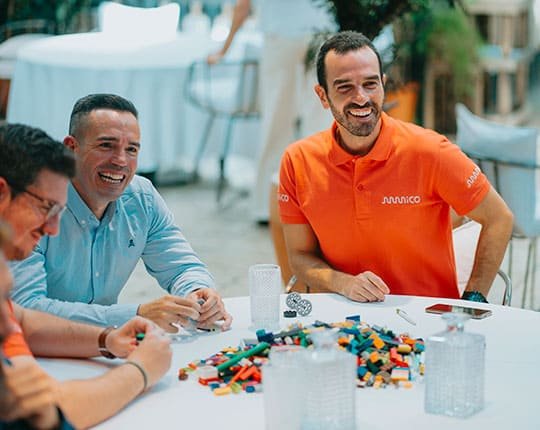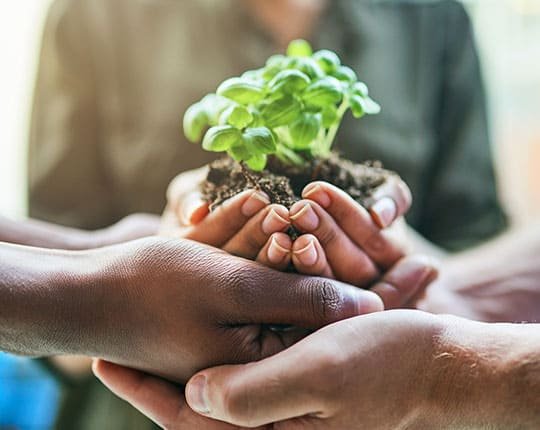We firmly believe in the transformative capacity of technology to redefine the food system, led by visionary founders and supported by the powerful synergy of corporations, investors, and governments, ensuring these innovations thrive in the global market.

Creating the World’s Premier Agri-Foodtech Community
Supporting extraordinary founders and disruptive technologies
Building together the future of Agri-Food industry, globally
Transformative initiatives pioneering future-ready Food Systems
Bridges that connect visions, amplifying impact and growth
Igniting Pre-Seed and Seed Agri-FoodTech Innovators

Embrace the chance to revolutionize the food system. We’ll ignite impact, soar to new heights, and create remarkable transformations together. Find out how we set startups up for impact and success.

Seize the opportunity to ignite your company’s potential and revolutionize your industry. Join us and explore how breakthrough solutions and technologies can fuel exponential growth for your corporation.


Investors play a crucial role in facilitating the transformation of the food system.
Shape the change and amplify the resonance of your impact in an evolving sector.
Join us in a symphony of collaboration, innovation, and growth. Experience vibrant events, corporate partnerships, cutting-edge training, and the pulse of a thriving community. Be the architect of change. Choose your path: Acceleration, Innovation, Partnership. Seize the moment and nourish tomorrow, together!
Madrid
Paseo de la Habana 1, Planta 15
28036 Madrid
+34 91 000 1447
Barcelona
Gran Via de les Corts Catalanes 613
08007 Barcelona
+34 93 193 8048
London
18 Soho Square
London W1D 3QL
+44 (0)20 3807 8781
San Francisco
75 Broadway
San Francisco CA 94111
+1 628 900 3025
Verona
Viale del Lavoro 8
Verona 37135
+39 045 475 2135
Bogotá
Carrera 13 # 90-17
+57 310 8367412
